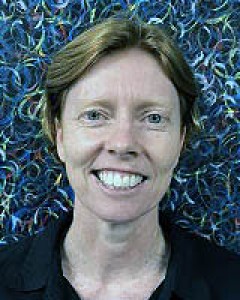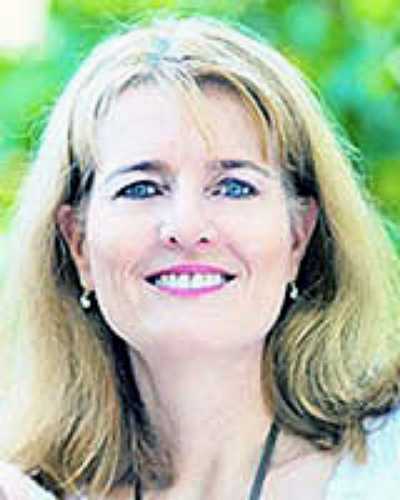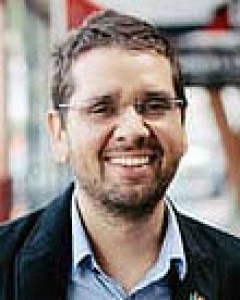early abstract:
Context: In 2012 the new profession of Aboriginal and Torres Strait Islander Health Practitioner (ATSIHP) was registered under the Health Practitioner Regulation National Law Act 2009. This project evolved out of the Australian Government's recognition of the need for the existing Indigenous Health Worker (IHW) workforce to meet the minimum qualification requirements for registration as ATSIHPs through recognition of prior learning and/or further education. 53 IHWs participated in the upskilling project between June 2014 and June 2015, with approximately 200 IHWs from Queensland expressing an interest in undertaking the training. This demonstrated a clear need for further training programs such as this one. The project was coordinated by the Indigenous Health Unit at James Cook University (JCU) with training being delivered by TAFE Cairns in collaboration with the College of Medicine and Dentistry, JCU. Students travelled from as far north as the Torres Strait and as far west as Mt Isa.
Issues: The key issues for discussion were associated with the ATSIHP role being relatively new including the limited preparedness of training providers to deliver the upgraded qualification requirements and uncertainty about the registration process. Compounding this was a general undervaluing and underutilisation of the IHW role within the current primary health care system. Other challenges included the variations of IHW roles, scope of practice and educational standards held by individuals, as well as the associated complexities of providing training to IHWs from a large and diverse geographic area that is rural & remote Australia.
Evaluation: Program and student evaluation was undertaken with each of the three cohorts via a Course Experience Questionnaire, TAFE evaluation forms and opportunistic student feedback.
Lessons learned: Lessons learnt as a result of this project include: the need to continue to recognise and promote understanding of the contribution that IHW/ATSIHPs make in improving health; the importance of conducting a comprehensive student selection process; the benefits of working collaboratively between the University and Vocational Education Training (VET) sector; the need to continue to strengthen partnerships between higher education and health industry; the need for flexible funding and training models that enable adequate Learning Support; and the identification of a significant unmet training need.







